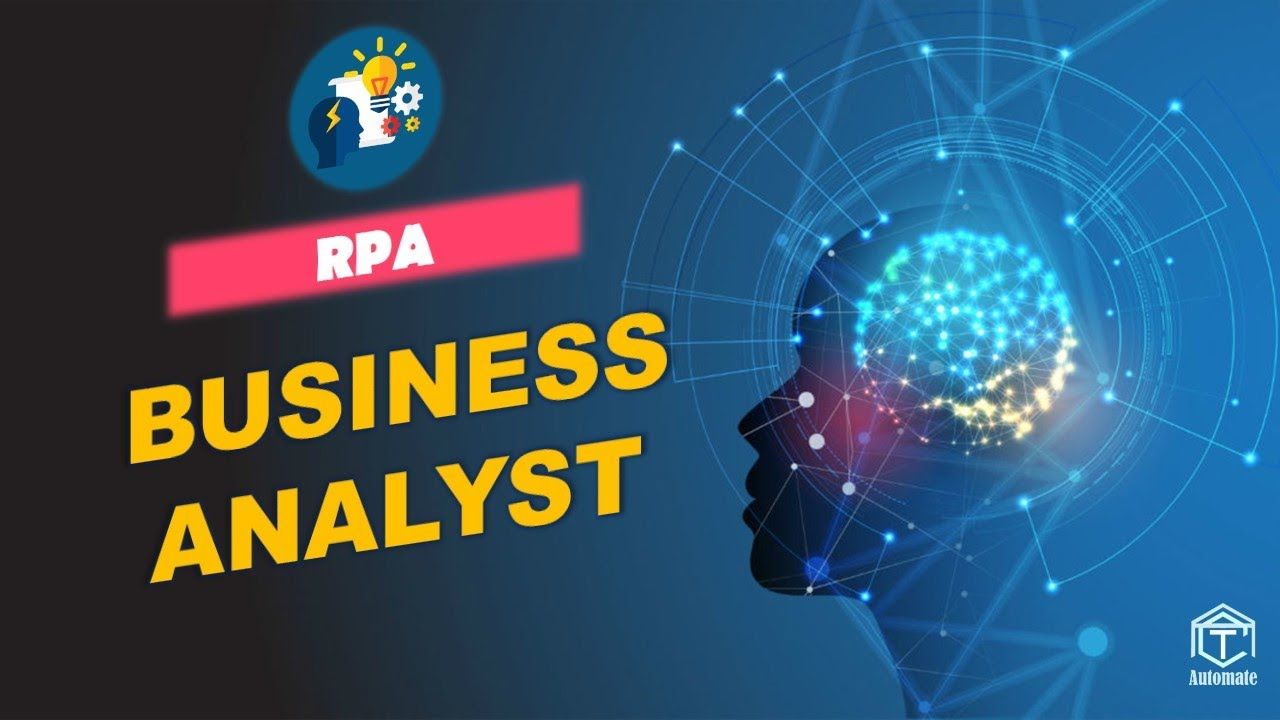Understanding Secured vs. Unsecured Business Loans
Understanding Secured vs. Unsecured Business Loans
Blog Article

When it comes to financing for businesses, understanding the different types of loans available is crucial for entrepreneurs and business owners alike. One key distinction in the world of business lending is between secured and unsecured loans, each with its own set of benefits and challenges. Knowing how these options work can help you make informed decisions that affect your company’s financial health and growth potential.
Hiring Skilled Labor for Projects
Secured business loans require collateral, which means that you must offer an asset, such as real estate or equipment, as a guarantee against the loan. This can often result in lower interest rates and more favorable terms for the borrower. On the other hand, unsecured business loans do not require collateral, which can make them more accessible to small businesses or startups that may not have significant assets to pledge. However, these loans typically come with higher interest rates and stricter eligibility criteria. Exploring these differences is essential for determining the best financing strategy for your business needs.
Overview of Secured Business Loans
Secured business loans are financing options that require the borrower to put up collateral to secure the loan. This collateral can take various forms, including real estate, inventory, or equipment. By offering collateral, the borrower reduces the lender's risk, which often results in more favorable loan terms such as lower interest rates and higher loan amounts. This makes secured loans an attractive option for businesses seeking substantial funding for growth or operational needs.
The approval process for secured business loans typically involves a thorough evaluation of the collateral's value as well as the borrower's creditworthiness. Lenders assess the quality and marketability of the assets being used as collateral to determine the loan amount they are willing to offer. The presence of collateral gives lenders added confidence in their ability to recoup their investment in case of default, further facilitating the lending process for businesses with solid assets.
While secured loans provide access to larger sums of money at competitive rates, they also come with risks. If a business defaults on the loan, the lender has the right to seize the collateral, which can lead to significant operational challenges or loss of vital business assets. Therefore, businesses should carefully weigh the benefits and risks of secured financing and ensure they have a solid repayment plan before committing to this type of loan.
Overview of Unsecured Business Loans
Unsecured business loans are financial products that do not require the borrower to provide collateral. This means that the lender cannot claim any of the borrower's assets if they default on the loan. Because of this lack of security, unsecured loans often come with higher interest rates compared to secured loans. These loans are popular among small businesses and startups that may not have significant assets to pledge as collateral but need to fund their operations, purchase inventory, or cover unexpected expenses.
Qualifying for an unsecured business loan typically depends on the creditworthiness of the borrower rather than the value of collateral. Lenders will closely examine the business's credit score, history of revenue, and financial stability. This focus on creditworthiness means that businesses with strong financials and good credit can access financing even without assets. However, it can be challenging for new businesses to secure these loans, as they often lack a lengthy credit history.
Unsecured business loans can offer flexibility in how funds are used, making them attractive for various purposes. From launching marketing campaigns to acquiring new technology, these loans enable business owners to access capital quickly without the risk of losing assets. However, potential borrowers should thoroughly evaluate their ability to repay the loan, as the higher interest rates may result in significant costs over time if not managed properly.
Comparative Benefits and Risks
When evaluating secured business loans, one of the primary benefits is the lower interest rates typically associated with these loans. Lenders perceive secured loans as less risky since they are backed by collateral, which can lead to more favorable terms for the borrower. Additionally, secured loans often allow businesses to access larger amounts of capital, making them an attractive option for those looking to make significant investments or cover substantial expenses.
On the other hand, the main risk of secured loans is the potential loss of collateral. If a business fails to repay the loan, the lender has the right to seize the collateral, which can put vital assets at risk. This can be particularly concerning for new or struggling businesses that may face uncertainties in cash flow. The stakes can be high, and understanding the value of the collateral is crucial for business owners when opting for this type of financing.
Unsecured loans, while typically carrying higher interest rates, present a different set of benefits and risks. One major advantage is that they do not require collateral, which means business owners can retain ownership of their assets. This makes unsecured loans a safer choice for those worried about losing valuable resources. However, the increased interest rates and stricter credit requirements can be daunting, making it essential for businesses to carefully assess their financial position and repayment capability before committing to an unsecured loan.
Report this page